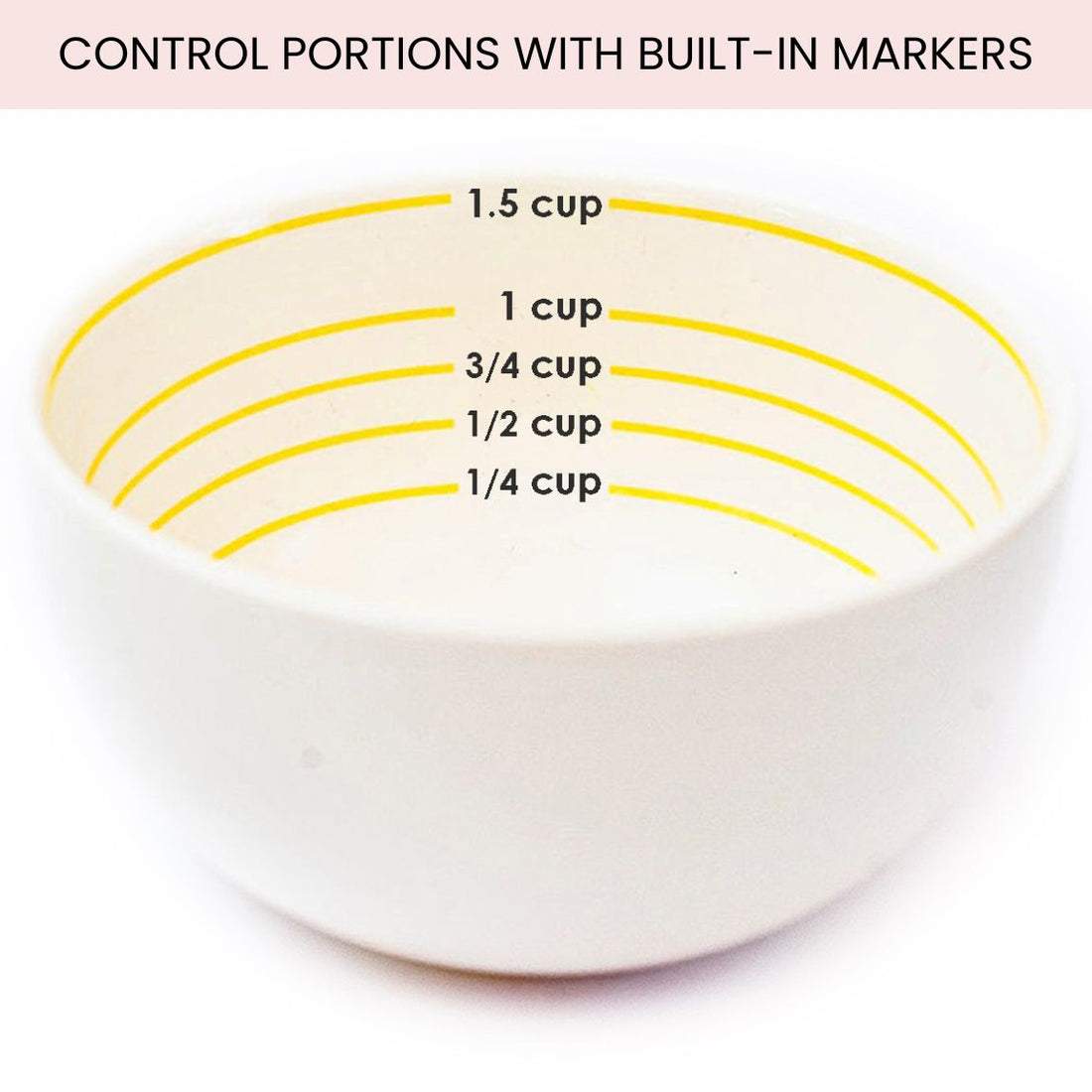When it comes to bariatric surgery, one of the most important considerations for patients is recovery time. The journey post-surgery can be as significant as the procedure itself, with proper recovery essential for long-term success. In this blog, we’ll cover everything you need to know about bariatric surgery recovery time, from the immediate post-op period to long-term adjustments. Whether you’re considering gastric bypass, gastric sleeve, or another type of bariatric surgery, understanding the recovery timeline is critical.
We’ll also address key factors like post-op complications, portion control, and success stories that highlight the importance of following a structured recovery plan. With the right guidance, your bariatric surgery recovery can set you on the path to a healthier, happier life.
Immediate Post-Op Period: First Days After Surgery
The immediate recovery period after bariatric surgery typically lasts from a few days to about a week. During this time, patients will likely be staying in the hospital for monitoring, especially if they’ve undergone more invasive procedures like gastric bypass or a complex sleeve gastrectomy. Here’s what you can expect:
- Hospital Stay: Typically, patients stay in the hospital for 1-3 days after surgery, depending on the type of bariatric procedure.
- Pain Management: Pain relief will be provided through medication. Most patients experience discomfort but not severe pain.
- Clear Liquid Diet: You will begin on a clear liquid diet for hydration and to help your digestive system recover.
- Monitoring for Complications: Your surgical team will closely monitor you for any complications such as bleeding or infection.
During these early days, it’s essential to follow your doctor’s instructions closely and rest as much as possible. Moving around and taking short walks, as recommended, will help prevent blood clots and promote healing. Most patients are discharged within a few days if there are no complications.
Phase 2: First Weeks Post-Surgery
The first weeks following bariatric surgery are crucial for healing and adjusting to a new lifestyle. Most patients are advised to take at least 2-3 weeks off work to focus on recovery. Here’s what to expect:
- Diet Progression: After the initial clear liquid phase, you’ll gradually transition to full liquids and eventually to pureed foods by the end of the first month.
- Energy Levels: Energy levels will fluctuate during this time, and fatigue is common as your body adjusts to a significantly reduced calorie intake.
- Physical Activity: Light activity, such as walking, is encouraged, but strenuous exercise should be avoided until cleared by your surgeon.
- Post-Op Monitoring: Regular follow-up appointments are critical to track your progress and monitor for any complications like infections or nutritional deficiencies.
This phase of recovery is all about being patient with yourself. Your body is healing from surgery and adjusting to a new digestive process, so it's crucial to take it slow and ease back into everyday activities. Adopting portion control strategies early on will help your body adapt to eating smaller quantities, aiding in long-term success.
Phase 3: Long-Term Adjustments (Months 2-6)
Once the initial recovery phase has passed, patients enter a period of long-term adjustment. This stage is about reintroducing solid foods and learning how to maintain proper nutrition while continuing to lose weight. Here’s what happens:
- Soft and Solid Foods: By weeks 5-8, you’ll transition to soft foods, and by the end of two months, solid foods can be gradually reintroduced. Protein intake is crucial at this stage.
- Portion Control: Learning portion control is essential for avoiding complications such as nausea, vomiting, or stretching of the stomach.
- Exercise: Light to moderate physical activity can be gradually increased, such as walking, swimming, or low-impact workouts.
- Health Benefits: Significant weight loss typically occurs during these months, with many patients noticing improvements in mobility, energy levels, and health conditions like diabetes or sleep apnea.
Staying hydrated, sticking to your nutrition plan, and avoiding high-calorie foods are critical during this period. Incorporating structured meal prep can help you stay on track and meet your dietary goals. The recovery journey is still ongoing, but the changes in your body and health can be dramatic during these months.
Long-Term Recovery and Success (After 6 Months)
After six months, many patients have lost a significant amount of weight and are well on their way to adjusting to their new lifestyle. However, the recovery process doesn’t end here—bariatric surgery is a lifelong commitment to maintaining a healthy lifestyle. Here are the long-term factors to keep in mind:
- Weight Loss Plateau: Many patients experience a weight loss plateau around the 6-month mark. At this stage, focusing on exercise and adjusting calorie intake can help overcome this.
- Health Benefits: The long-term health benefits of bariatric surgery are immense, from improving heart health to managing chronic conditions such as hypertension and diabetes.
- Potential Complications: Long-term complications such as vitamin deficiencies, gallstones, or gastrointestinal issues can arise. Regular check-ups with your healthcare team are essential.
This phase of recovery is about fine-tuning your lifestyle choices, ensuring that your weight loss is sustainable, and continuing to reap the health benefits of your surgery. Success comes from consistency in portion control, balanced nutrition, and regular physical activity.
Conclusion: The Path to Lifelong Health
Recovering from bariatric surgery is a process that requires time, patience, and commitment. From the initial hospital stay to the lifelong adjustments that come with a post-op lifestyle, recovery is an ongoing journey. Following your healthcare team's guidance on portion control, physical activity, and post-op monitoring will ensure your success. And as you continue to progress, remember that bariatric surgery is just one tool in your toolbox—your dedication and effort will drive long-term success.
Whether you’ve just had surgery or are considering it, understanding the recovery timeline is essential. With proper care, support, and lifestyle changes, bariatric surgery can lead to transformative health benefits and improved quality of life.









